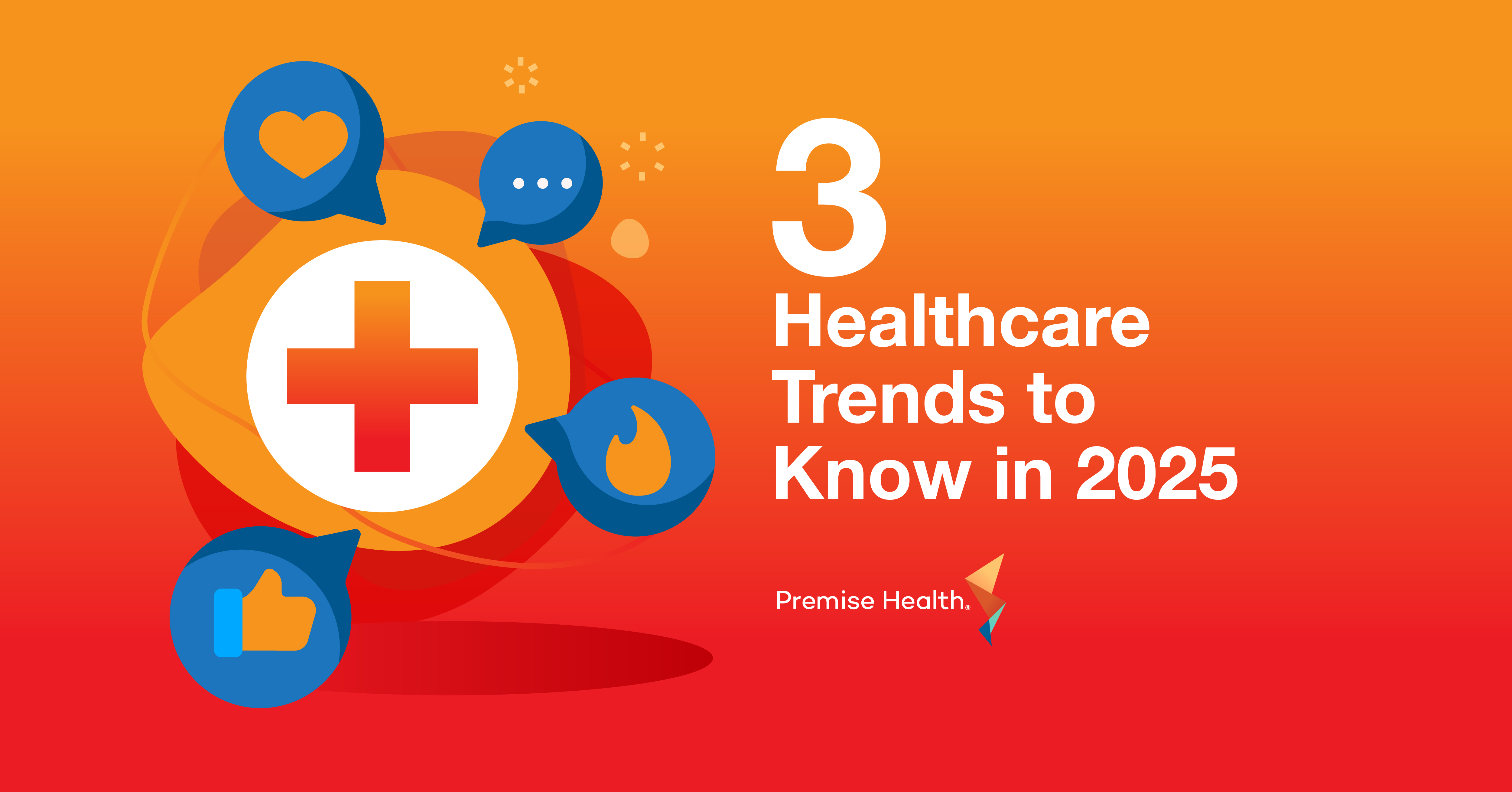5 Ways Employers Can Support Working Parents in 2021
The COVID-19 pandemic has been incredibly challenging for working parents across the country. In fact, according to a COVID-19 Caregivers Survey conducted by Boston Consulting Group, approximately 50% of working parents feel their work performance has suffered due to additional home and family responsibilities. By the numbers, women are spending an additional 14 hours a week more on domestic labor than working fathers, which has led to more working mothers leaving their job due to stress brought on by the pandemic.
Right now, employers can support working parents by providing additional wellbeing resources, ensuring access to healthcare, and showing empathy during this challenging time. In turn, employers are well positioned to retain this essential workforce and build a culture that truly supports the health and wellbeing of working parents.
Read on to learn five actionable ways employers can support working parents in 2021.
1. Give Them Time Back
The most important thing organizations can do for working parents is to give them time back. Between childcare responsibilities, household chores, and work duties, staying well in a busy world has never been harder. For employers, meeting this need means making access to healthcare easier through digital solutions.
Providing healthcare services in a virtual environment encourages your employees and their families to catch up on any missed visits and stay on top of healthcare needs. From primary care to behavioral health, as well as condition management, fitness, wellness, and beyond – putting a trusted provider just a phone call away saves time while closing the distance between members and their local care team.
2. Support Their Health
On that same note, access to virtual pharmacy services can be a game changer. Onsite and nearsite pharmacy teams can connect with parents via video or phone to consult on any adjustments they need to their medication routines, offer adherence counseling, and ensure they’re staying healthy.
By proactively checking in, pharmacists can also ensure parents have the appropriate amount of medication on hand, answer questions about side effects, and provide guidance on how to properly take their medication (or their family members’) if it’s new. When families are unable to leave their homes, Premise Health’s onsite and nearsite pharmacies provide free overnight shipping so they can conveniently receive their medications and remain adherent.
Leveraging their local pharmacist, parents have access to another member of the care team that can help them make smarter healthcare decisions, offer behavior change guidance, and ensure the whole family is staying on top of their medication regimen.
3. Support Their Wellbeing
Making sure working parents are safeguarded from burnout is crucial to their overall health. There are a few ways to do this.
The first is through nutrition services. Registered dietitians help families eat smarter and live healthier through education, personalized action plans, and behavior change exercises. In a virtual setting, registered dietitians can provide virtual pantry walk-throughs and one-on-one consultations that are specific to adolescents.
Encouraging movement, one of the seven lifestyle medicine pillars, can also help caregivers sit less and move more. Providing access to fitness resources can open up the door for group activities like virtual 5Ks along with competitive and non-competitive programs that encourage healthy habits, helping parents stay strong and engaged.
Another way to encourage wellbeing is through an employee assistance program (EAP). The primary goal of an EAP is to support member wellbeing so they remain productive and healthy. EAPs are often underutilized, however, they are a great tool for managing acute stressors and immediate short-term needs. If members need help with their mental health, encouraging them to use their EAP is a great place to start.
4. Provide Actionable Resources
If your employees don’t have access to an EAP, there are helpful tools readily available online. Other resources like group programs, meditations, and smartphone apps can prove useful in managing stress, too.
- Webinars: Webinars serve as great tools to increase awareness and bring people together. At Premise, one-hour seminars can include everything from practicing mindfulness and emotional wellbeing to managing depression and lifestyle medicine.
- Wellness checks: Encouraging members to get their annual physical can help primary care providers identify behavioral health needs for depression, anxiety, and substance abuse. Regular check-ins can also help detect any lifestyle factors at play that could contribute to long-term risk.
- Wellness Program Managers: As a part of a wellness offering, wellness program managers are an indispensable resource that play an important role in supporting working parents. Whether parents need help figuring out how to hold an online birthday party for their kids or need assistance finding support groups, wellness program managers can help parents access social connectedness without social togetherness.
5. Acknowledge What They’re Going Through
Finally, extend empathy. Simply acknowledging the challenges parents are facing in a work from home environment, while simultaneously homeschooling and finding time for themselves, can really make a difference. These simple gestures go a long way, and when employees feel supported, they perform better and feel more connected to their work.
Where Premise Health Fits In
Employers across the country are re-thinking their approach to supporting parents in the workforce. A survey by Willis Towers Watson found that 74% of employers are making support for working parents a top priority, however, less than 40% think they have adequate programs and policies. That’s where Premise Health can help you develop the right plan for your organization.
We partner with the country’s most forward-thinking organizations to provide a hybrid of physical and digital healthcare options, ensuring both proximate and non-proximate working parents have the support they need regardless of their location.
To find out more about Premise Health, click here.
Next on industry insights.

How to Futureproof Your Healthcare Benefits
Read the Blog
Why Partnering with an AAAHC Accredited Organization is a Win for Your Workforce
Read the Blog